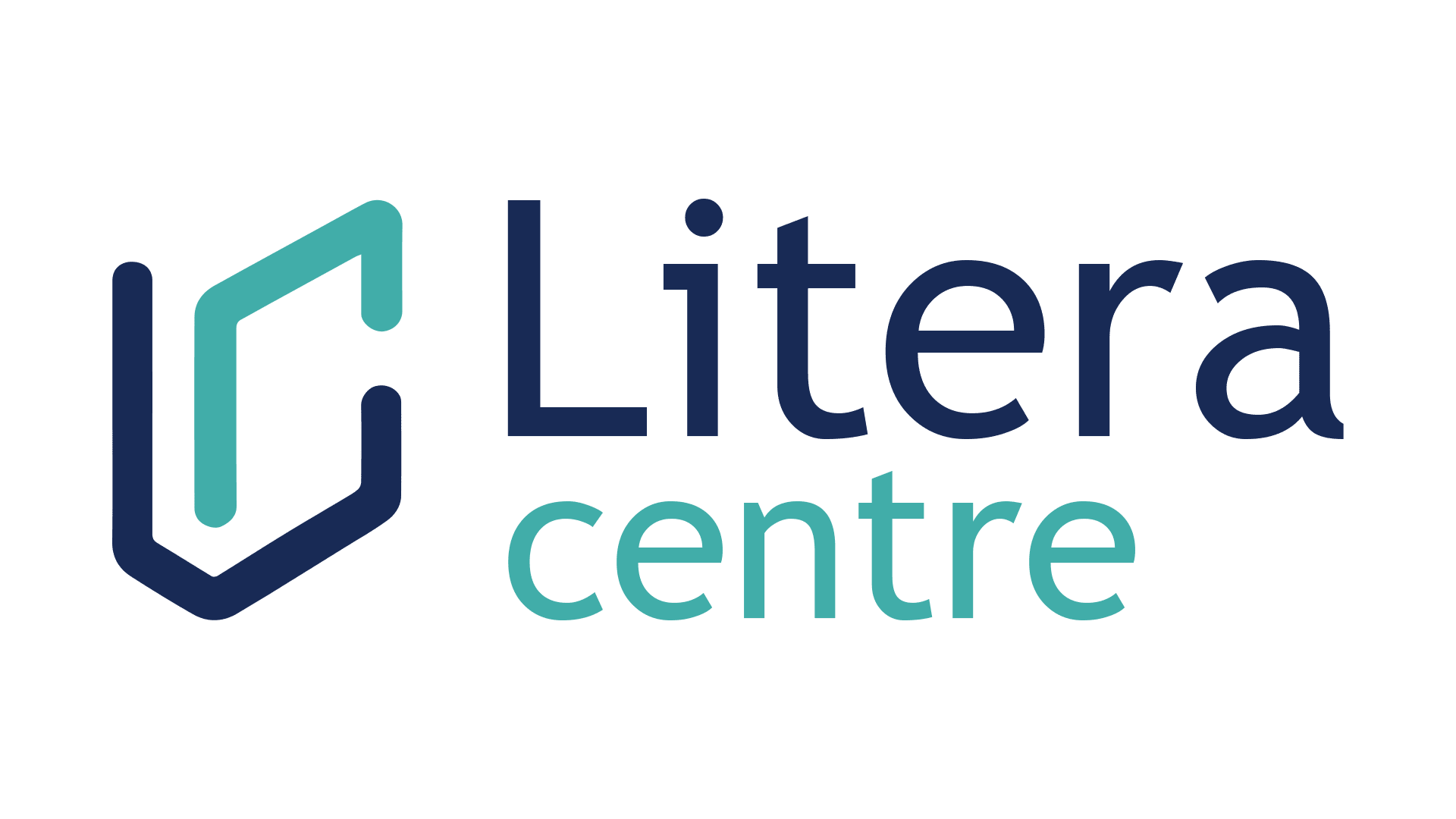Dealing with Extended Response Questions (ERQs) in the International Baccalaureate Diploma Programme (IBDP) requires careful planning, critical thinking, and effective communication.
Here is a step-by-step guide to help you master the IBDP Extended Response Questions:
Grasping the Question:
Approaching an IBDP Extended Response Question necessitates a keen examination to break down its essential components for a thorough understanding. Terms like “analyze”, “evaluate”, “discuss”, or “compare” not only define the context but also provide valuable insights into the anticipated response. Untangling the complexities enables the crafting of an answer that aligns with the specified criteria.
Going beyond a surface-level analysis, it’s crucial to grasp the nuanced language, acknowledging how subtle variations guide the development of a comprehensive response. Whether scrutinizing, assessing, discussing, or drawing comparisons, sensitivity to these subtleties ensures a precise interpretation and amplifies the accuracy of the subsequent response.
Response planning:
Before the writing process is initiated, it is advisable to create a preliminary outline serving as a roadmap to organize thoughts and maintain a coherent flow in the response. The IBDP Extended Response Questions should be deconstructed into its essential components, with crucial points identified for addressing. This initial step establishes a clear structure for the writing, enabling a more systematic and effective presentation of ideas.
By breaking down the question, a framework is created that guides the response and ensures coverage of all relevant aspects. This organized approach not only increases the clarity of communication but also facilitates a more thorough exploration of the topic.
In essence, the preliminary outline serves as a foundation for a well-structured and logically sequenced response, allowing the conveyance of thoughts with precision and coherence.
Addressing the Entire Question:

Take care to cover all dimensions of the question in your response. Occasionally, IBDP Extended Response Questions may consist of multiple parts, each requiring thoughtful consideration. By thoroughly addressing each facet, you provide a comprehensive and well-rounded answer.
Recognizing the multifaceted nature of questions is crucial. This awareness ensures that you don’t overlook any essential components and allows you to approach each part with the specific attention it demands.
Applying Pertinent Concepts and Content:
Integrate applicable information derived from your course materials, class notes, and supplementary research into your response. By drawing upon specific theories, studies, or examples, you strengthen your arguments and contribute depth to your analysis.
By referencing relevant sources, you demonstrate a solid understanding of the subject matter and add credibility to your response to IBDP Extended Response Questions. This approach enriches your content, making it more robust and compelling.
Employ Formal Language and Terminology:
Display your grasp of the subject matter by incorporating suitable terminology into your writing. Steer clear of colloquial language and adopt a formal, academic style to convey your ideas effectively.
By employing a formal tone and utilizing precise terminology, you convey professionalism and expertise in your response. This not only showcases your command of the subject but also elevates the overall quality of your academic writing. Striking the right balance between clarity and formality enhances the credibility and impact of your communication.
Deliver Clear and Concise Answers:

Craft your responses precisely and clearly, maintaining a focused approach in your writing. Steer clear of unnecessary details that don’t contribute substantially to your argument, ensuring each word serves a purpose.
In constructing your paragraphs, be deliberate in assigning a clear purpose to each. This approach ensures that every section of your response directly aligns with the question, facilitating a more coherent and impact overall presentation.
Striving for conciseness on IBDP Extended Response Questions enhances the effectiveness of your communication, allowing your key points to shine through.
Establish a Coherent Structure:
Arrange your response to IBDP Extended Response Questions logically, incorporating a well-defined introduction, body paragraphs, and conclusion. Employ transitions to guide the reader seamlessly through your ideas.
A logical organization enhances the clarity and flow of your response. By employing transitions, you facilitate a smooth transition between different sections, ensuring that your ideas are presented in a cohesive and comprehensible manner.
Engage in Critical Thinking and Analysis:
Approach the question with a critical mindset, delving deep to offer insightful perspectives. As you analyze the query, strive to provide thoughtful and well-reasoned insights that showcase your understanding of the topic.
In addition to critically evaluating the IBDP Extended Response Questions, consider exploring various perspectives, arguments, or theories associated with the topic. By embracing a comprehensive approach, you enrich your response and demonstrate a nuanced understanding of the subject matter.
Encourage a dynamic dialogue within your analysis, fostering a deeper exploration of the complexities inherent in the given topic.
Conclusion:
Succeeding in IBDP Extended Response Questions demands thoughtful consideration, critical analysis, and effective expression, a journey that is expertly guided by the Litera Centre. Begin by comprehending the question, planning your response, and aligning with the anticipated tone, all under the thoughtful guidance of Litera Centre.
Articulate your thoughts clearly and concisely in formal language, drawing upon the refined skills. Develop a cohesive structure for smooth progression, applying the strategic insights offered by us. Employ critical thinking to enhance your response, confidently navigating the intricate IBDP landscape with finesse, thanks to the invaluable support and expertise provided by Litera Centre.




